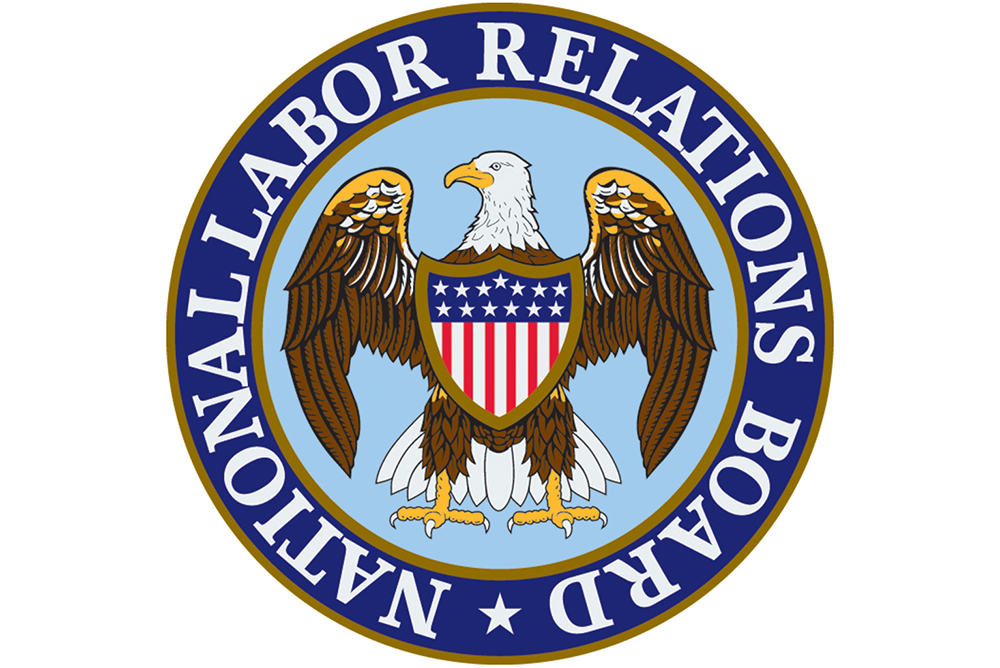It was a winning season for businesses, with employers garnering some big victories at the National Labor Relations Board (NLRB) to round out 2019. In October, the Board released a decision enhancing employee privacy during union drives, which would have been a strange way to end the year for what is considered a pretty employer-friendly Board. Not to disappoint, it then closed out the year with a spate of more in-character decisions you’ll want to know about.
It’s Almost Poetic
Almost 5 years to the day after its initial decision, the NRLB has overruled Purple Communications, Inc. The 2014 ruling held employee use of company e-mail to discuss terms and conditions of employment—including organizing activity—must be permitted during nonworking time.
Reasonably, many employers were upset about their lack of control over what they considered to be their private property. The Board was persuaded by this logic, and as of December 17, 2019, that is no longer the status quo. The 2019 decision Caesars Entertainment overrules the previous stance by allowing employers to restrict employee e-mail use to certain purposes (i.e., work-related only), as long as they don’t single out union-related communication.
There’s an important exception to this holding in situations when the employer’s e-mail system furnishes the only reasonable means for employees to communicate with one another, but the Board cautioned this would apply only in rare circumstances.
The Quickie Election Rule
In another reversal, the NLRB scaled back the controversial “quickie election rule,” which had allowed workers to vote about whether to join a union before resolving disputes over which workers should be included in the bargaining unit and eligible to vote.
The new rule, 84 FR 69524, requires the disputes to be litigated and eligibility to be determined before an election. This gives employers a say about who is eligible to vote before the election (if the challenges are successful) and extends the time period for campaigning.
You Can’t Talk About That
The NLRB also overruled a 2015 decision in which it had found policies requiring confidentiality about workplace investigations infringed on workers’ rights and required employers to prove, on a case-by-case basis, that the integrity of an investigation would be compromised without confidentiality.
The new decision in Apogee Retail LLC states that “investigative confidentiality rules are lawful . . . [when] their terms and rules apply for the duration of any investigation.” The decision allows employers to require confidentiality from employees during the active period of a workplace investigation without having to provide specific case-by-case reasoning.
Union Dues Checkoff
The NLRB also held in December 2019 in Valley Hospital Medical Center that an employer’s statutory obligation to check off union dues ends when the collective bargaining agreement (CBA) containing the checkoff provision expires, unless the CBA contains a union-security provision. The decision re-establishes the Board’s precedent from 1962.
Happy New Year
Employers have much to be happy about and can look forward to more good times on the horizon in 2020 (given the makeup of the current Board). Before you get too excited, however, you need to ensure your policies are updated to address these issues.
Employers often have language in their handbooks addressing one, if not all, of these topics that will need to be reviewed before implementing changes. With a new decade beginning, now is a good time to review your handbook for compliance.
Andrew J. Adams is an attorney with Skoler, Abbott & Presser, P.C., in Springfield, Massachusetts. You can reach him at aadams@skoler-abbott.com.
